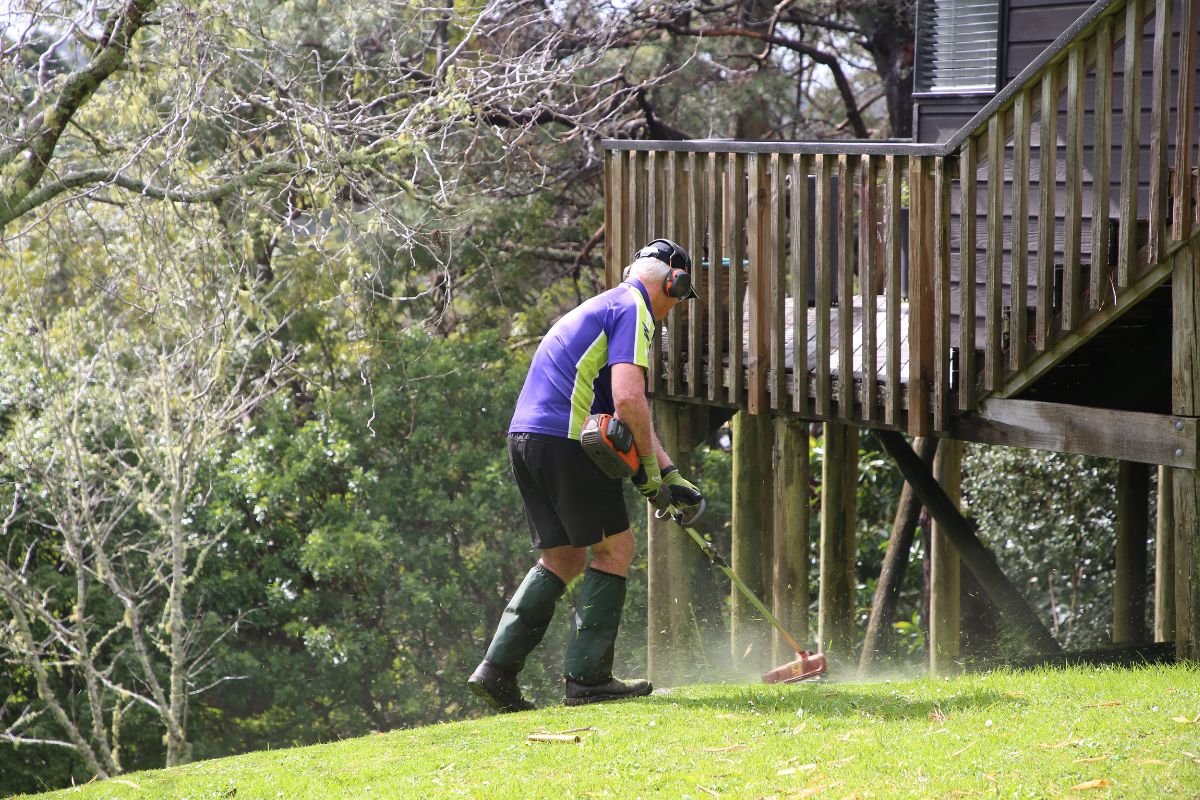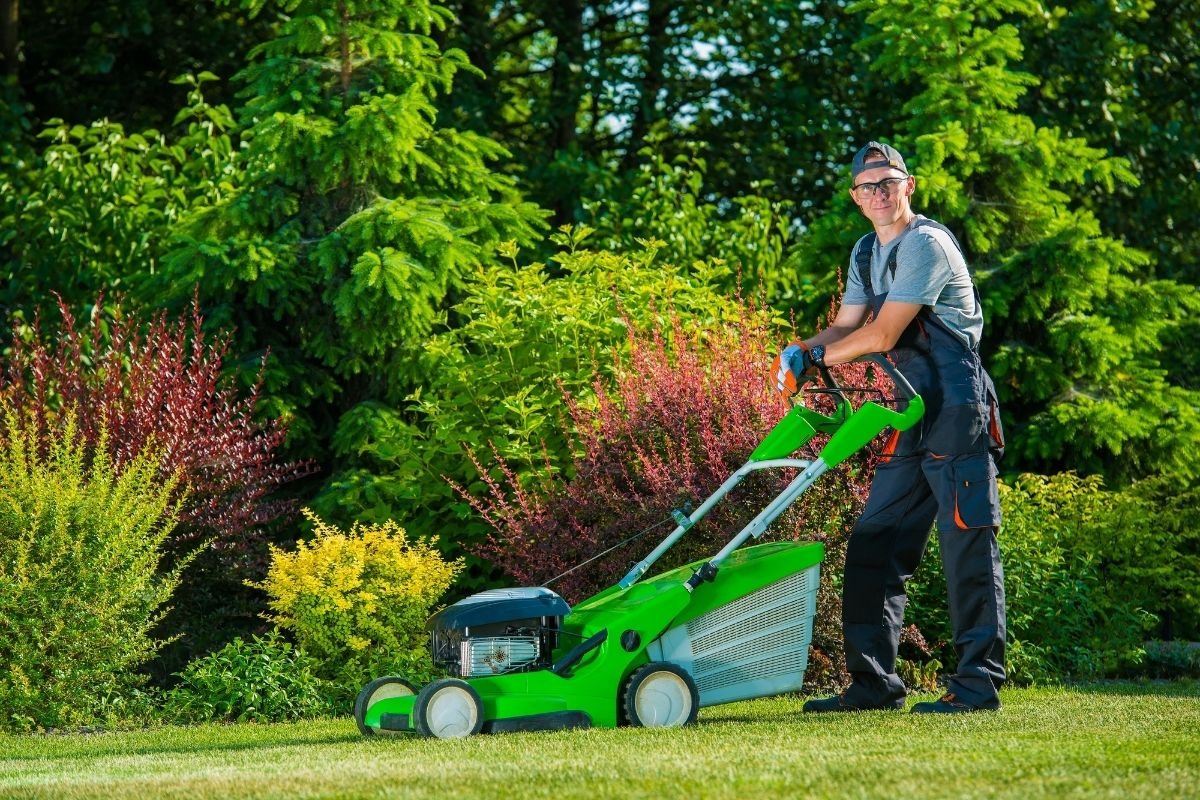If you’re a lawn care company owner trying to attract new customers, it never hurts to find out what they’re actually looking for when they make their hiring decision. Are they after affordability? Reputation? A wide range of services? Or all of the above?
Before you make significant changes to your business model to expand your client list, take a moment to review the following information. You might be surprised at what customers prefer when hiring someone to mow their lawns.
Reputation
Many people’s properties are their pride and joy, and they won’t just let anyone come in and start altering their landscape. Often, Kiwis will research the many well-known names in the lawn care industry to see who comes highly recommended.
They might start by typing ‘lawn mowing service’ into a search engine and seeing which names pop up. Generally, some of the best and most well-known companies feature on the first page of the search results, such as Crewcut.
Once they have a few different names written down, they might then explore their websites and social media platforms to find out more about them. When you work for a franchise, you generally get to benefit from an excellent reputation, potentially improving your chances of being the person someone in need of lawn mowing services will call.
Services
While many people simply want someone to help them take care of their lawns, others are looking for an all-inclusive property care service. They might need assistance with hedge and tree pruning, water blasting, lawn edging, and even gardening.
They might not want all of these services right away, but you may improve your chances of being a provider people call upon if you can offer a wide range of service options they can utilise in the future.
Competitive Pricing
According to some sources, the cost of living grew by 5.2% in a single year from 2021 to 2022. Many families are tightening their belts and sacrificing luxuries to afford the basics.
Lawn care is still a necessity for many, but it’s not surprising that homeowners are shopping around to find companies offering the most competitive rates. Lawn care service providers may like to strike a balance between quality and value for money.
Lawn care service costs in New Zealand can vary from one company and provider to the next. Customers might pay in the vicinity of $25 to $50 for a small lawn and upwards of $50 for large lawns. Travel costs might also be extra.
If you’re unsure how much to charge or how much you should charge, do your homework. Find out the service costs of similar businesses in your area, and don’t be afraid to negotiate.
A Job Well Done
You expect a professional finish when you’re paying an expert to perform a task using professional equipment. Sometimes, customers don’t concern themselves with cost or reputation, as long as the finished result looks better than what they could have done themselves.
Treat every yard as if it were your own, and go the extra mile to make sure any job you complete is performed to the highest standard. If you’re unsure what your client’s expectations are, ask them.
Some are more than happy for you to mulch clippings into the lawn, while others prefer for you to take them away. Some property owners also request regular edging and leaf blowing to leave a picture-perfect finish each time.
Convenience
Hiring someone to mow your lawns shouldn’t be more inconvenient than cutting them yourself. The more complicated the process is, the less likely a potential client might be to hire a particular business.
Think about the many different ways you could make the lives of your clients much easier, above and beyond ensuring they don’t have to mow their own lawns. For example, you might schedule their lawn mowing for the same time each week or month, so they can prepare for your visit. You might also offer convenient payment options like online banking.
Contactability
Your customers’ needs won’t always be the same. Some weeks, they might like their lawns mowed and edged, and other weeks, they might decide that the gardens need to be tidied and the trees trimmed. If you’re easy to contact, customers might prefer you over less-contactable lawn care service providers.
While having at least one contact method is preferable, you might see the value in multiple. A cellphone number with an answering machine service can ensure you never miss an important message, and email makes you accessible for those non-urgent inquiries.
Some lawn care service providers even use social media to make them even more reachable than several other lawn mowing companies.
Give the Customers What They Want
You’re likely already in hot demand as the provider of a convenient service that saves homeowners a great deal of hassle and stress. However, by considering these points above, you might be surprised at how many new customers you can welcome onboard.
.png)

































